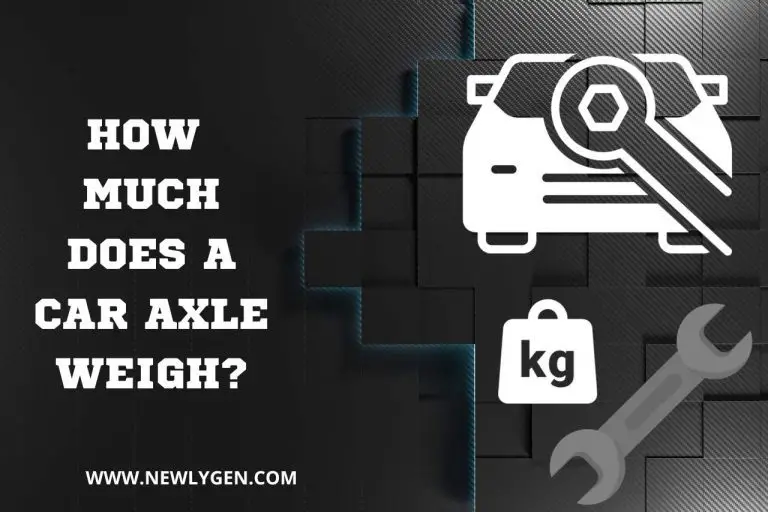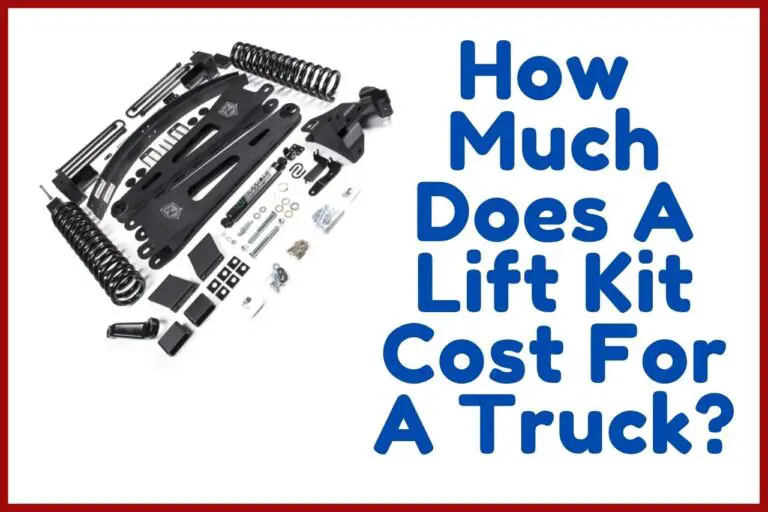Does Axle Damage Total a Car? Find Out Here!
In case repairing the damaged vehicle part exceeds the total value of the car, the vehicle is totalled. If you have met with such an incident due to a damaged axle, what could happen? In this guide, we will clarify all your doubts regarding axle damage so you can collect enough knowledge to deal with this situation. So, make sure to stay with us till the end!
Does Axle Damage Total a Car?
Yes, sometimes, axle damage can total a car. Whether a damaged axle totals a car depends largely on the damage’s severity and its effect on the vehicle’s safety. In our extensive experience dealing with various vehicles, we’ve seen that the impact of axle damage can range from minor to severe, influencing the decision to total a car. Let’s explore this situation further.
- High Risk of Totaling: Severe axle damage, like a bent, cracked, or broken axle, greatly compromises vehicle control and safety. Such damage is often too costly to repair, leading us to recommend totalling the car. Actually, it’s not only about the cost but also the safety risks involved.
- Medium Risk of Totaling: With moderate axle damage, the car might still be drivable, but its handling and stability are often compromised. Based on our observations, the cost of repairs in such cases can be substantial, sometimes making it more sensible to consider the car totalled, especially if its value is low.
- Low Risk of Totaling: Minor axle issues, such as slight misalignments or wear, typically don’t severely affect driving performance or safety. Therefore, these problems are generally affordable to fix, and the car is unlikely to be totalled.
It’s highly important to assess the damage with the help of a qualified mechanic.
They can offer a detailed repair estimate and advice on whether the car should be repaired or considered a total loss. Remember, even small axle problems can worsen if ignored, so addressing them promptly is essential.
Is Axle Damage Covered by Insurance?
On some occasions, axle damage is covered by insurance. Insurance coverage for axle damage largely hinges on how the damage occurred. From our experience in dealing with various insurance cases, we’ve learned that the cause of the axle damage is key to determining if your insurance will cover it.
Here are the situations that insurance companies cover.
- Accidents: If your car’s axle is damaged in a collision, like hitting another car, a guardrail, or even a deep pothole, it’s usually covered under collision coverage.
- Mechanical Breakdown Insurance (MBI): This optional insurance add-on can be a lifesaver. It often covers axle damage due to internal part failure. But remember, it doesn’t cover damage from regular wear and tear.
You cannot expect coverage from insurance companies for these damages.
- Wear and Tear: Normal aging or everyday use that gradually wears down the axle isn’t covered by standard insurance policies.
- Improper Maintenance: If the axle damage is due to not maintaining your car properly, like not lubricating parts or overloading your vehicle, insurance typically won’t cover it.
Always check your policy for the exact coverage details. Insurance policies can vary a lot, so it’s crucial to know what’s specifically covered in yours. If you’re unsure about whether your axle damage is covered, the best step is to contact your insurance company directly. They will clarify the coverage based on your specific situation.
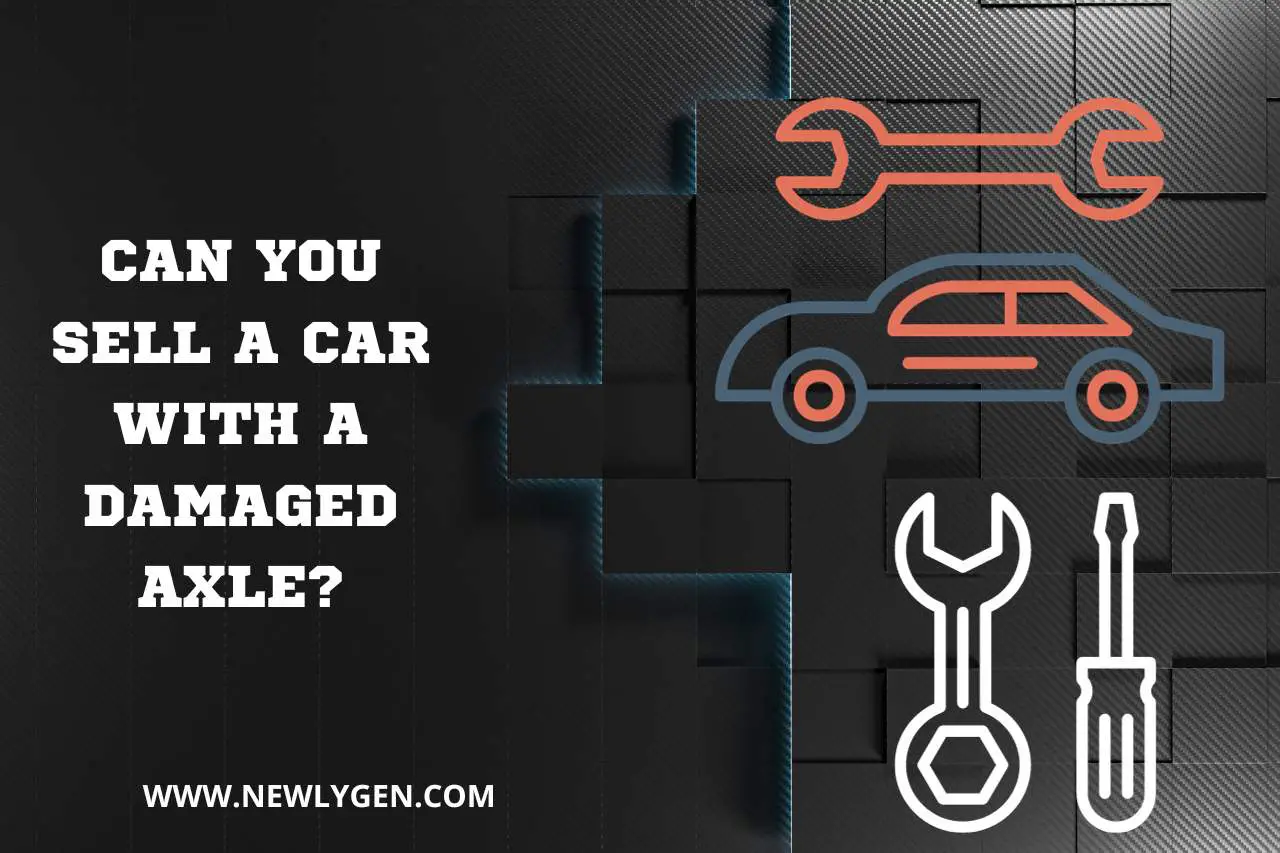


Can you Sell a Car with a Damaged Axle?
Yes, you can sell a car with a damaged axle, but from our experience, it’s not the best choice for several important reasons. Here’s why you should not sell such a vehicle.
- Safety Hazard: A damaged axle compromises the car’s handling and stability, posing a serious safety risk. Therefore, we strongly advise against selling a car in this condition due to ethical concerns and potential legal issues.
- Lowered Value: Buyers are generally cautious about cars with axle problems. This significantly reduces the car’s value, meaning you’ll likely get much less money for it.
- Legal Repercussions: Not disclosing axle damage, a critical safety issue, can lead to legal problems like lawsuits or fines. Thus, it’s always better to be upfront about such issues.
- Reputational Damage: Selling a car with hidden problems can harm your reputation, especially if you plan to sell more cars in the future.
Due to the aforementioned issues, we advise you to follow these guidelines when selling your vehicle.
- Repair the Axle: Yes, it can be expensive, but repairing the axle makes the car safer and could increase its sale value.
- Sell to Junkyards or Salvage Yards: They buy damaged cars but expect a lower price.
- Be Transparent: If you choose to sell, disclose the axle damage. This could attract buyers who are capable of fixing it or those looking for parts.
You May Also Like
CV Axle Won’t Seat All the Way – (Expert Tips & Advice)
How to Grease Trailer Axle? Safety First!
How Much to Fix a Broken Axle? (Pricing & Considerations)
How Much does a Car Axle Weigh? Key Differences Unveiled!
How to Know If Car Axle is Bad? Making the Right Choice!
How Long does It Take to Replace a U Joint? Efficiency Matters!
How Long Can you Drive with a Bad U Joint? Understanding the Impact!

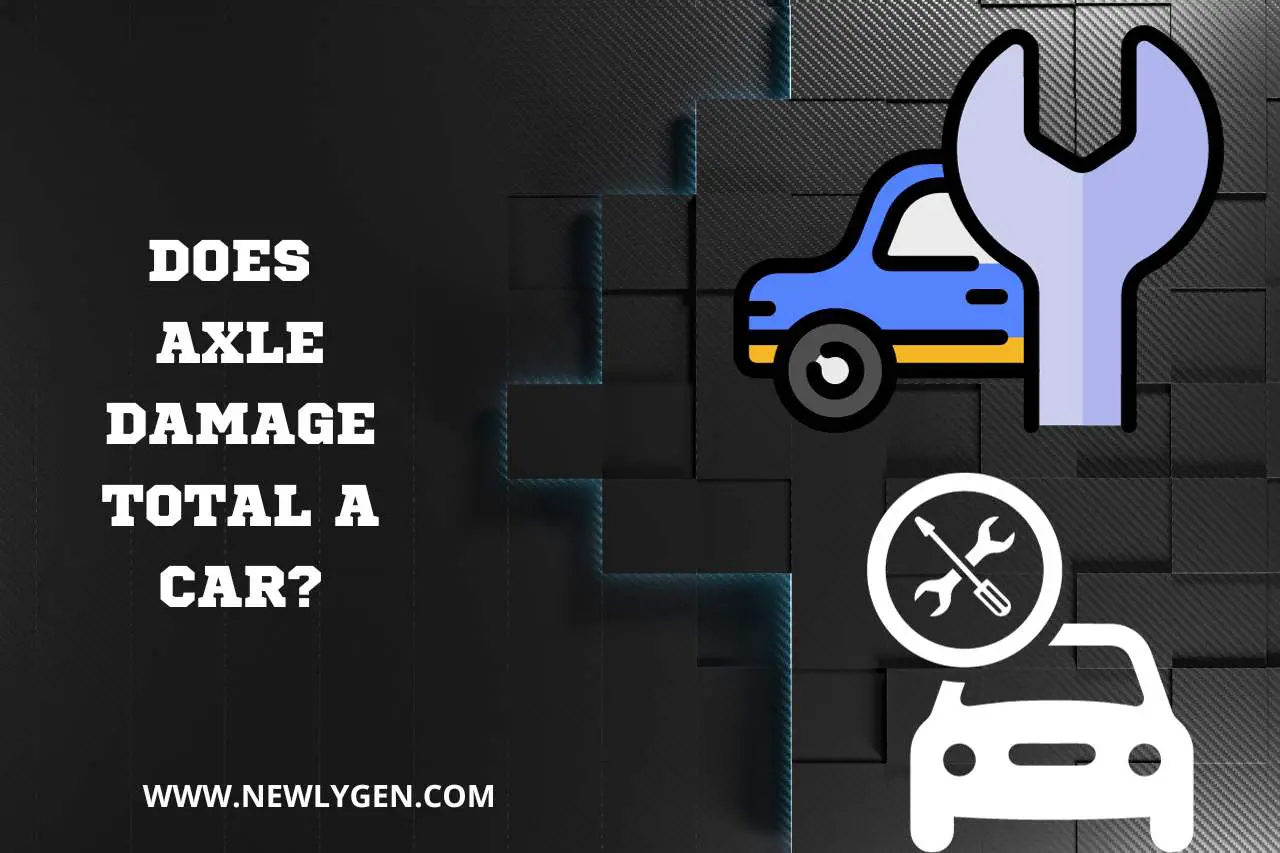
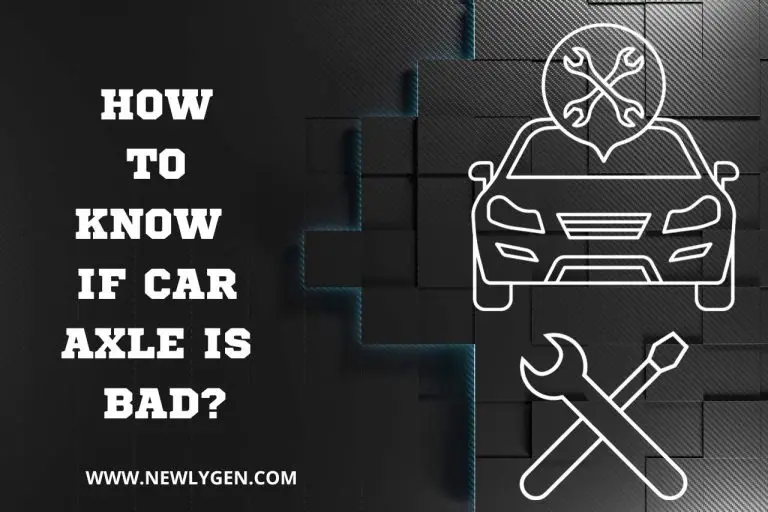
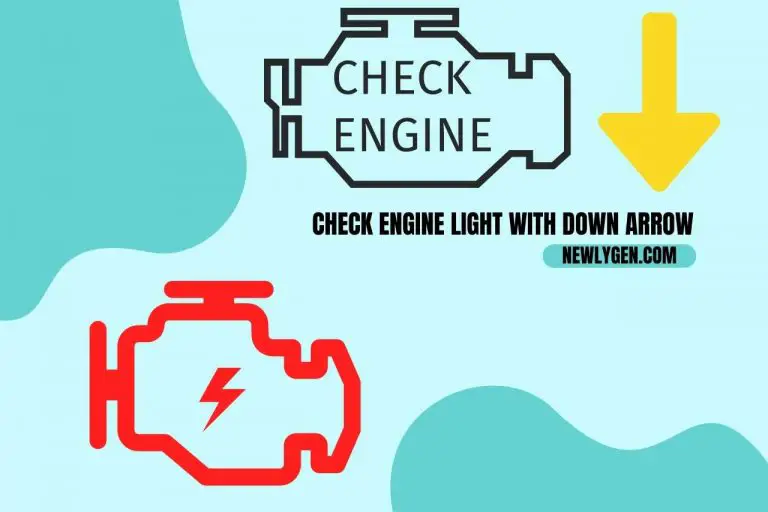

![How Much Does a V12 Engine Cost [Pros And Cons Of V12 Engine]](https://newlygen.com/wp-content/uploads/2022/06/yer-1-768x512.jpg)
